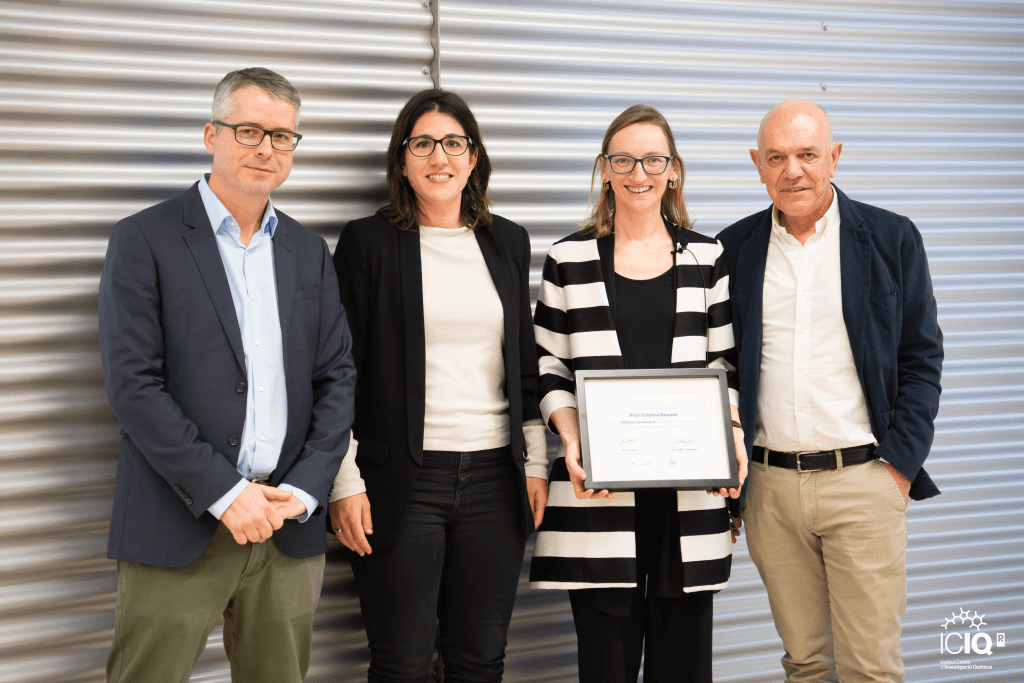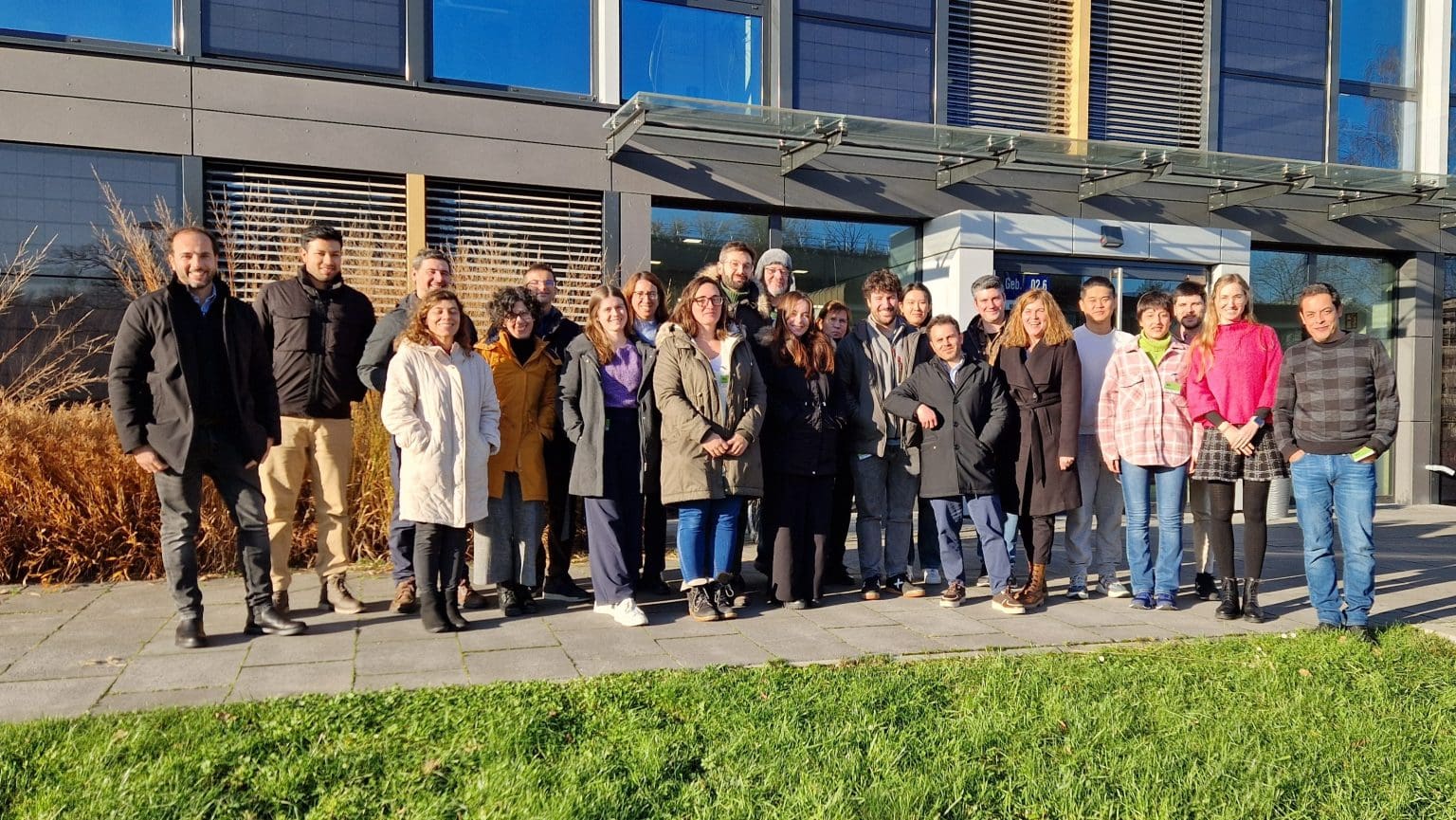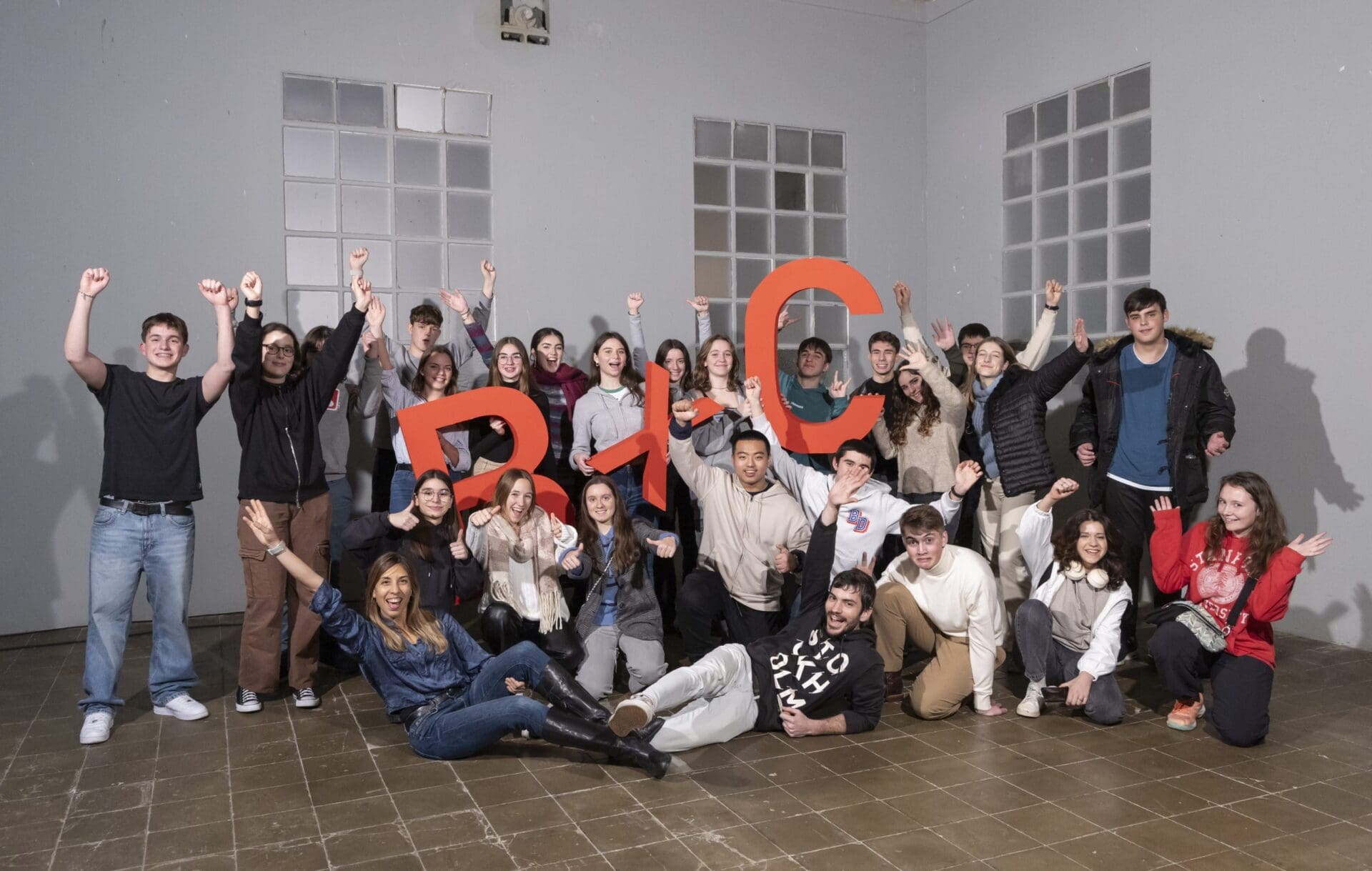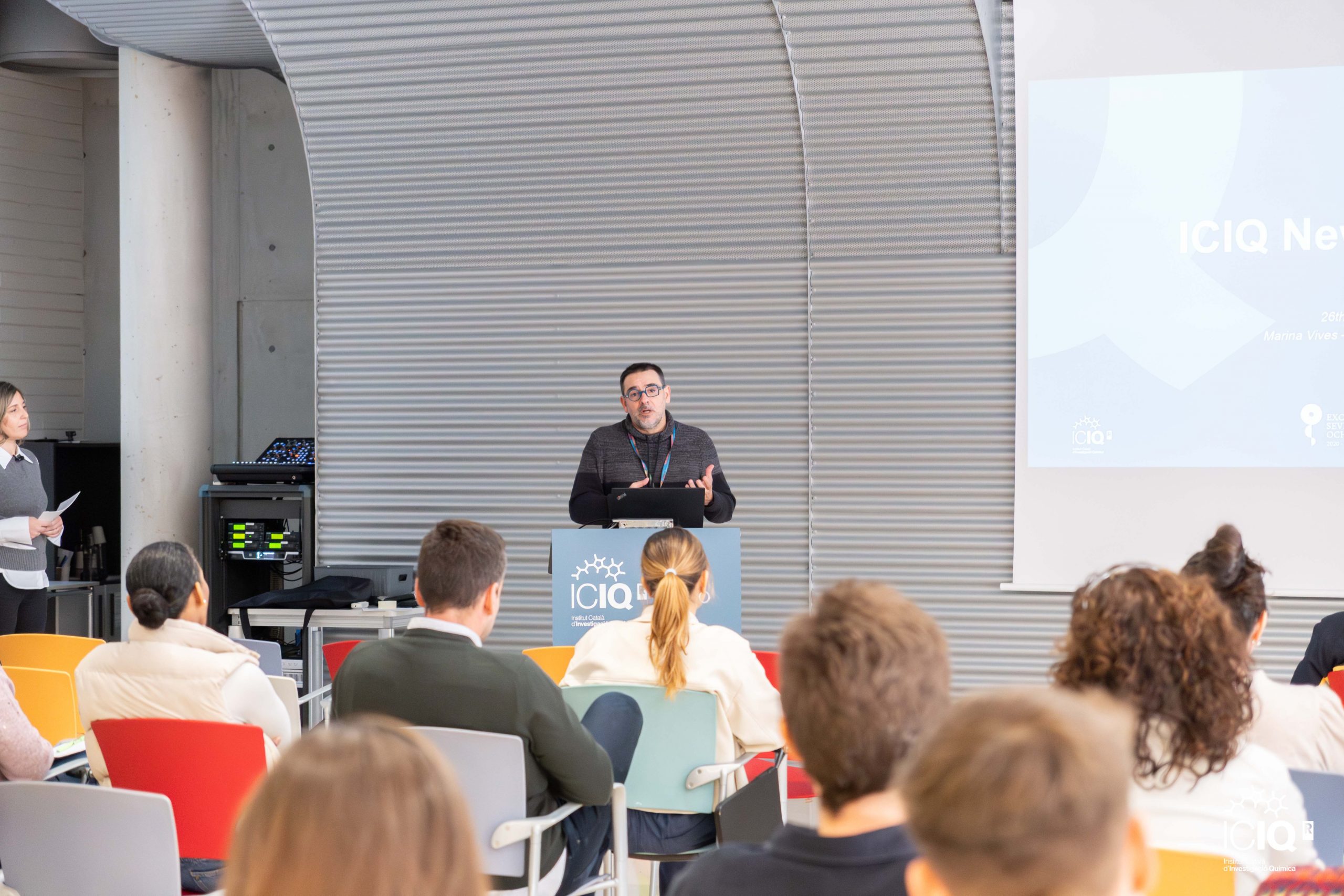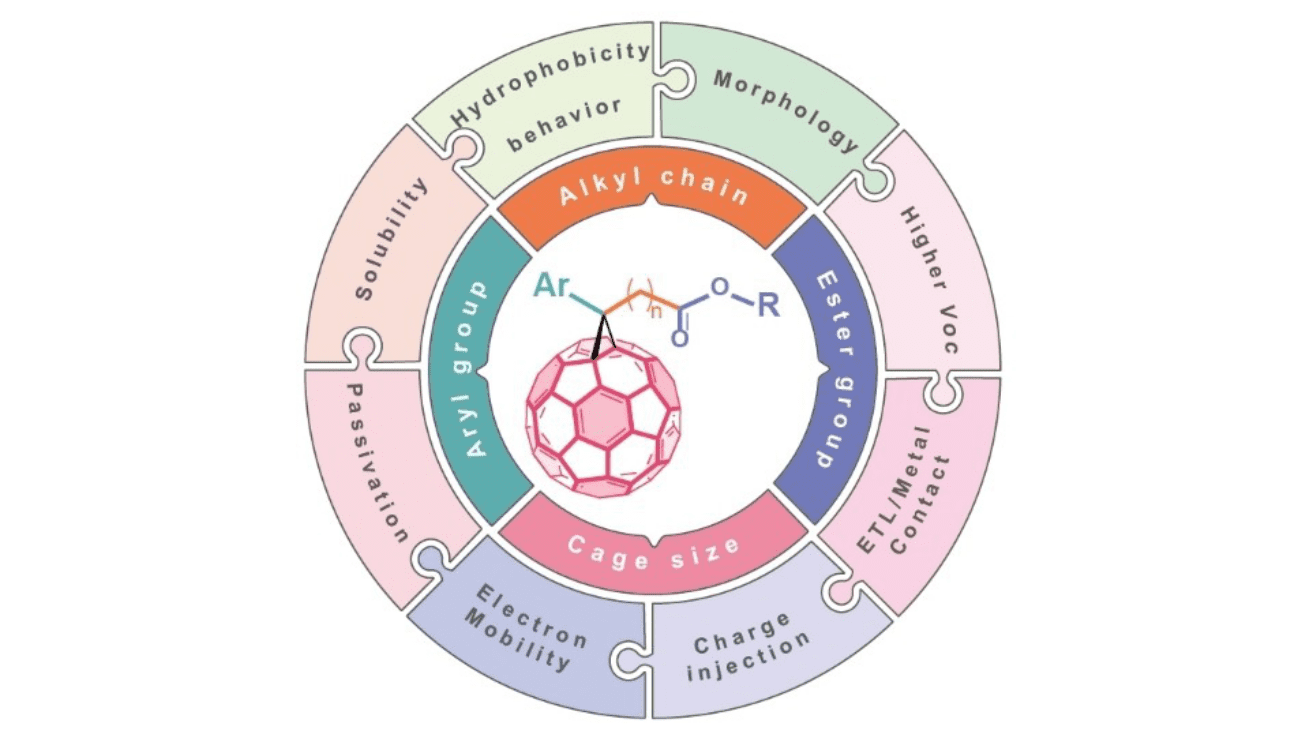ICIQ calculates the carbon footprint to understand the environmental impact of its activity
The centre will propose an action plan to reduce it and will conduct the study again in 2025

The Institute of Chemical Research of Catalonia (ICIQ-CERCA) has carried out an extensive study on the impact that its daily and research activities had on the environment in 2022. The carbon footprint, “an indicator of greenhouse gas emissions (GHG),” according to the Department of Climate Action, Food, and Rural Agenda of the Government of Catalonia, “associated with the life cycle of a product, service, or organization,” was analysed.
The study conducted by the centre itself has concluded that the approximate emission of equivalent tons of carbon dioxide in 2022 was 14,552. Or, in other words, about 48 tons per centre user.
To perform the calculation, the working team had to gather data from various consumptions and different aspects of the centre. In this way, the departments and staff of ICIQ have collaborated to provide data on electricity consumption, supplier transportation, commuting mobility, refrigerant gas consumption, waste generation, and professional travel, among others.
Precisely, these professional travels are the factor that, by far, generates the most emissions. Business-related displacements account for over 80% of the centre’s total emissions. They are followed by electricity consumption, at 6%. As a leading chemical research centre in Europe, it is vital for ICIQ researchers to travel worldwide to establish synergies with other institutions and scientific talent.

Despite being a standardized and internationally recognized indicator, it is voluntary for research centres, and there are few organizations that perform this exercise. In this regard, ICIQ is committed, as is the essence of its research in chemistry with sustainability, to continuously improve its processes and minimize the impact of its activities on the environment. An example is a new research project in which the Government of Catalonia invests up to 5 million euros to decarbonize Catalan industries. This pioneering initiative proposes a research and technology unit to advance decarbonization, where ICIQ and chemistry play an indispensable role.
Based on these data, the centre will draw conclusions and generate an action plan to reduce its impact. Among other measures, one already adopted was opting for an electricity supply from renewable energy sources, a step that would have already reduced the footprint in 2023.
Related news

Let's create a brighter future
Join our team to work with renowned researchers, tackle groundbreaking
projects and contribute to meaningful scientific advancements






 11-12-2024
11-12-2024 
